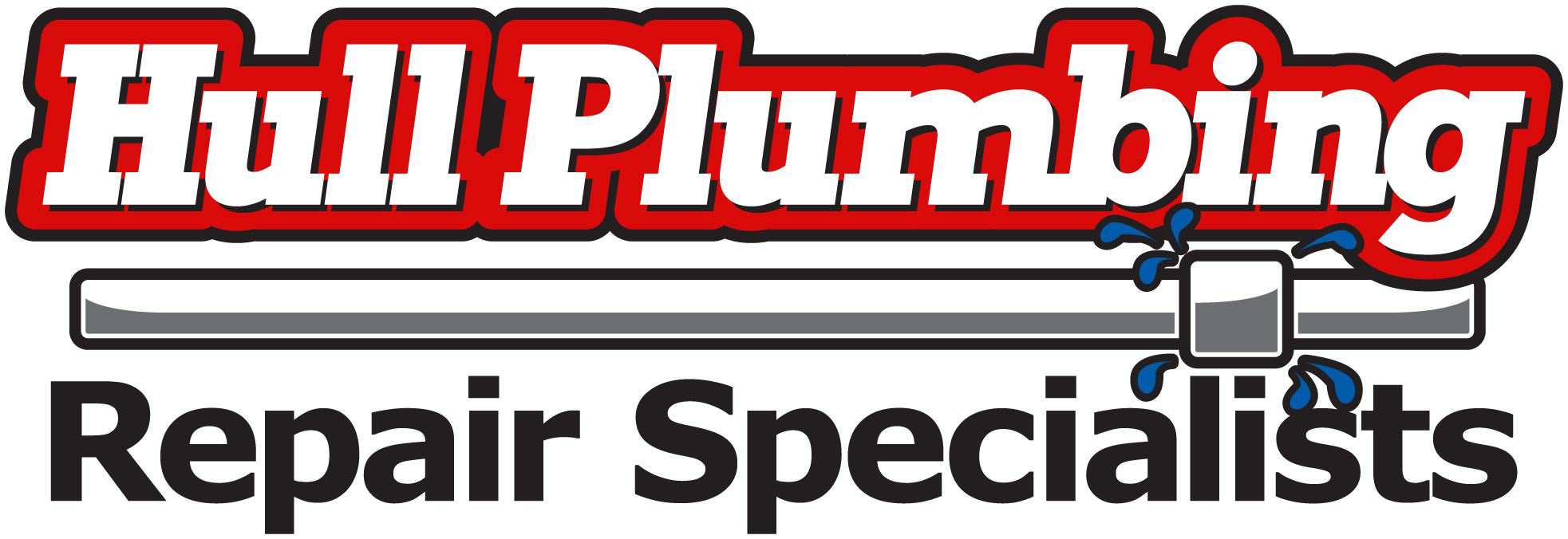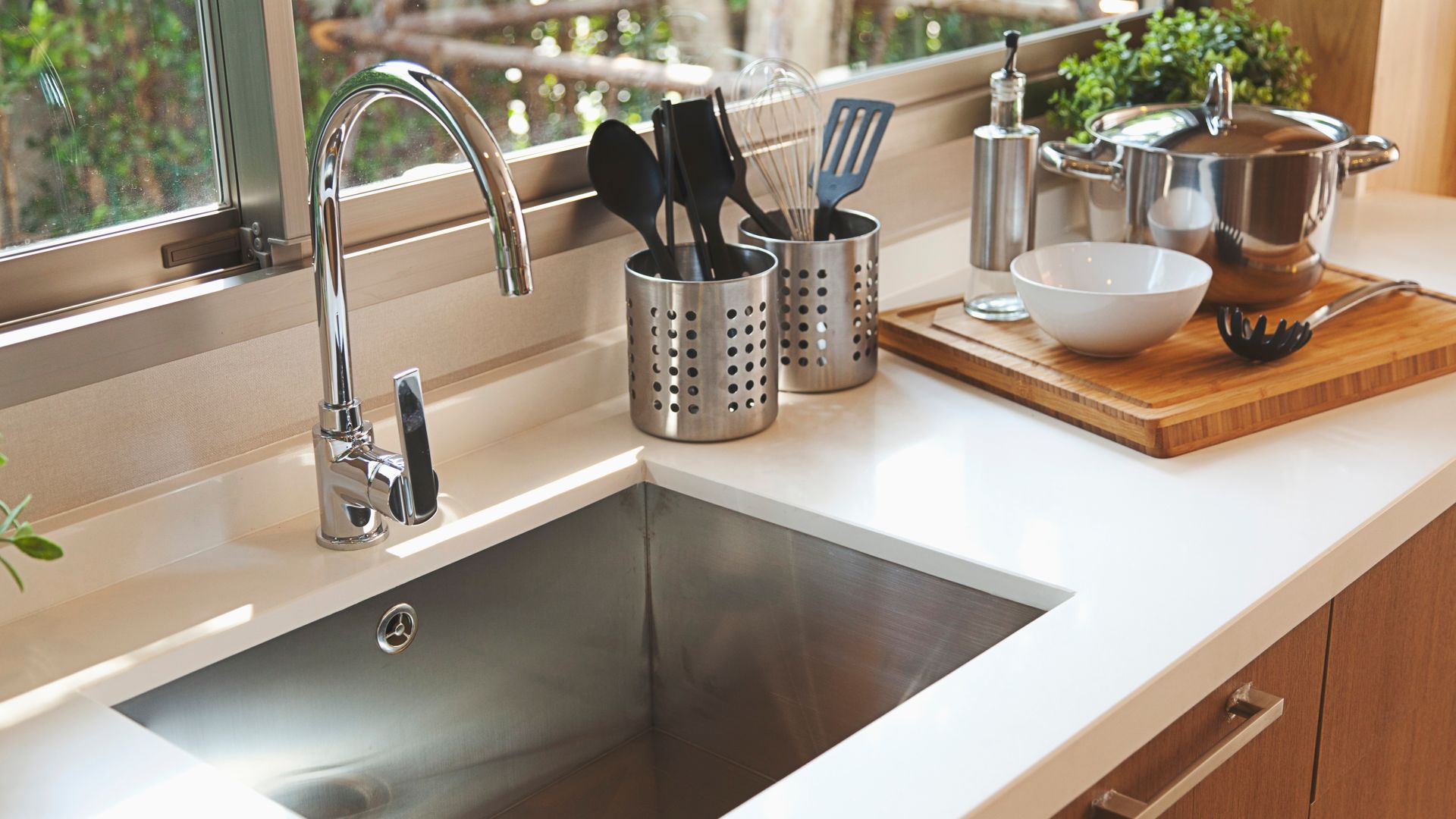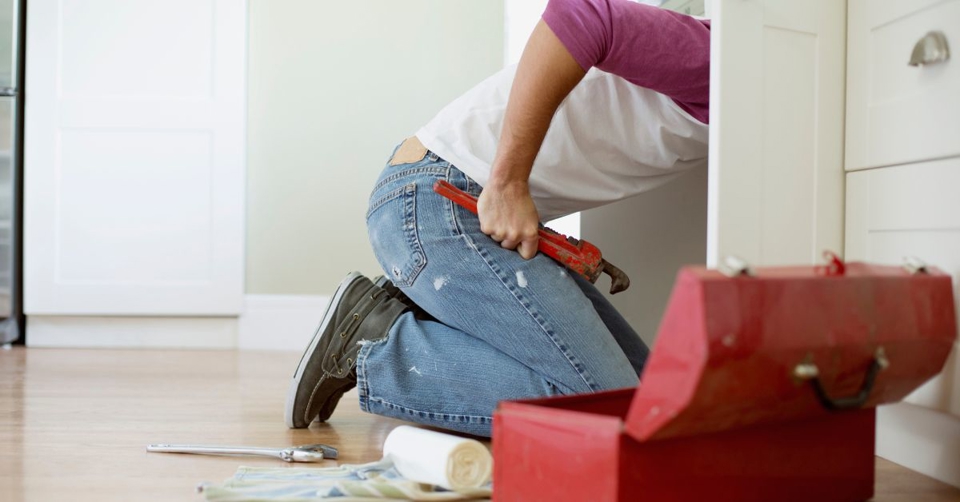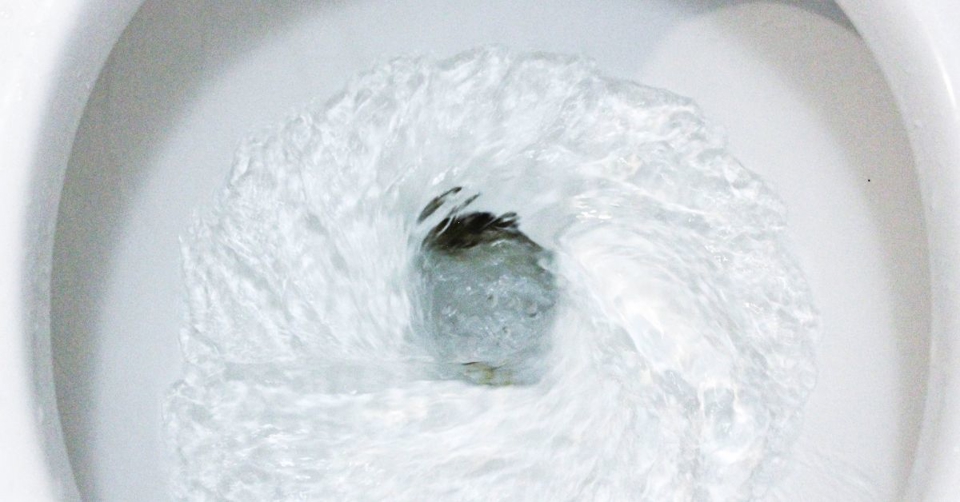If you've noticed water taking longer than usual to drain from your sinks, bathtubs, or showers, you're not alone. Slow drainage is a common issue that many homeowners encounter, but what many don't realize is that it could be an early warning sign of a larger plumbing problem. Ignoring slow drainage can lead to more significant issues that may require costly repairs. In this blog, we'll explore the risks associated with slow drainage and why it's essential to address it promptly.
What Causes Slow Drainage in Your Home?
Slow drainage can occur for several reasons, including:
- Clogs and Blockages: Over time, debris like hair, soap scum, grease, and food particles can build up in your pipes, slowing the flow of water.
- Tree Root Intrusion: Tree roots can infiltrate underground pipes, causing blockages and restricting water flow.
- Aging Pipes: Older pipes are more prone to corrosion and wear, which can contribute to slow drainage.
- Improperly Installed Pipes: Poorly designed or installed plumbing can create areas where water flows more slowly, leading to drainage issues.
The Risks of Ignoring Slow Drainage
Increased Risk of Blockages
When you notice slow drainage, it's often the first sign that a clog is forming. If left untreated, this clog can worsen, completely blocking the flow of water. In severe cases, a full blockage can lead to water backups, flooding, and the potential for damage to floors, walls, and personal property.
Damage to Your Pipes
Persistent slow drainage can indicate that your pipes are under strain. As the buildup of debris or tree roots continues, it can cause your pipes to become cracked or even burst. This can lead to expensive repairs and even water damage to your home. In some cases, replacing entire sections of pipes may be necessary.
Unpleasant Odors
A slow drain can cause standing water to accumulate in your pipes, providing the perfect environment for bacteria and mold to grow. This can lead to unpleasant odors emanating from your sinks, showers, or toilets. Over time, these odors can spread throughout your home, creating an uncomfortable living environment.
Potential for Plumbing Emergencies
If you ignore slow drainage, it can escalate into a plumbing emergency. Minor issues like slow drainage may seem harmless at first, but they can turn into costly and urgent problems. What could have been a simple fix might end up requiring a full system overhaul or emergency plumbing services.
Health Hazards
Standing water or backed-up drains can create ideal breeding grounds for harmful bacteria, mold, and mildew. If left unchecked, these contaminants can pose significant health risks to you and your family, especially if you have respiratory conditions or allergies.
How to Address Slow Drainage in Your Home
If you're experiencing slow drainage, it's essential to take action before the problem worsens. Here are a few steps you can take:
- Avoid DIY Drain Cleaning Products: Many store-bought drain cleaners can cause more harm than good. They may clear the drain temporarily, but they can also damage your pipes or worsen the blockage in the long term.
- Call a Professional Plumber: A professional plumber, like Hull Plumbing, Inc., can accurately diagnose the issue and use specialized equipment to clear the clog safely and efficiently.
Don't Let Slow Drainage Become a Bigger Problem
Ignoring slow drainage may seem like a minor inconvenience, but it can lead to more significant plumbing issues down the line. If you're dealing with slow drains in your home, don't wait until the problem worsens. Contact Hull Plumbing, Inc. today to schedule a professional inspection and ensure your plumbing system is running smoothly. Our team of experts is here to help with all your plumbing needs, from drain cleaning to full pipe replacement.
Call Hull Plumbing, Inc. Now At (405) 246-9763!





